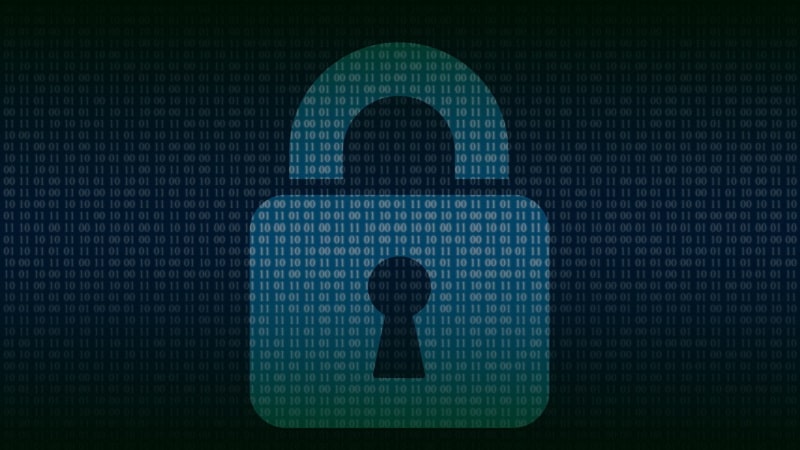
Cyber diplomats from around the world voiced support for the U.S. State Department’s new international cybersecurity strategy unveiled during the RSA Conference in San Francisco this week.
The United States’ International Cyberspace and Digital Policy Strategy focuses on building out digital solidarity with global partners to protect against adversaries like China.
“Everything is very interconnected, and we are moving into one global digital economy and there is no other way of getting there without digital solidarity,” the Deputy Foreign Minister for Digital Development, Digital Transformations, and Digitalization at the Ministry of Foreign Affairs of Ukraine, Anton Demokhin, said during a keynote on day three of the RSA Conference.
“Ukraine really views the models that we are working out now together with partners, and talent mechanism being one of the catalysts, as something that should be applicable and should be a real instrument for the implementation of the digital solidarity philosophy that was presented in the strategy by the United States,” he said.
The U.S. State Department’s new strategy lays out four areas of action to build digital solidarity: promoting a secure digital ecosystem, aligning “rights-respecting” digital approaches with international partners, building coalitions to counter malicious cyberattacks, and strengthening the cybersecurity resiliency of partner nations.
The final action area of the new strategy focuses on strengthening the cyber capacity of international partners to the United States.
Specifically, the strategy notes that for fiscal year 2024, the State Department was granted $50 million for the Cyberspace, Digital Connectivity, and Related Technologies Fund, which allows the department “to provide rapid incident response and cyber aid quickly and effectively, as well as longer-term capacity and resilience building.”
Regine Grienberger, cyber ambassador for the Federal Foreign Office of Germany, said that with the ongoing conflict in Ukraine, the Eastern European country is a “model for cyber capacity building with a look to a sustainable digital future.”
The U.S. Department of State’s Ambassador at Large for Cyberspace and Digital Policy, Nathaniel Fick, said that he has seen firsthand how digital defense, digital development, and digital resilience can create a positive virtuous cycle in a country’s ecosystem.
“I think we have a perfect historical test case right here on the stage, frankly, in Estonia, which was the victim of a terrible Russian cyberattack in 2007 that catalyzed – with leadership from the top, sustained leadership – an investment by the Estonian government and by partners,” Fick said. “And Estonia has become one of one of the world’s foremost digital leaders across the board.”
“All of us can perhaps envision similar potential in Ukraine and see the exigency, the urgency of the current moment actually translating some real leapfrogs in digitization in Ukraine that would benefit not only Ukraine, not only Europe, but all of us,” he said.
